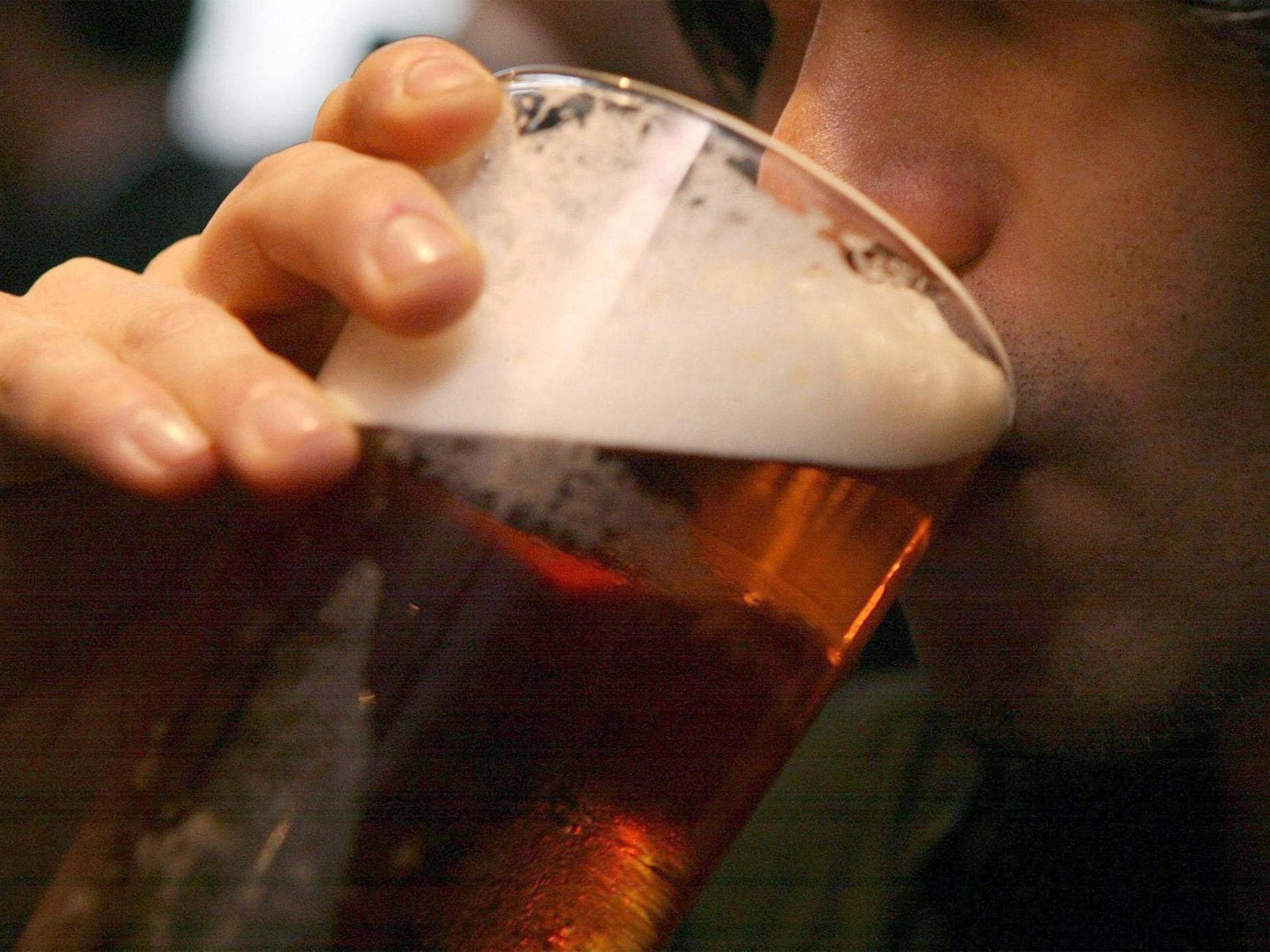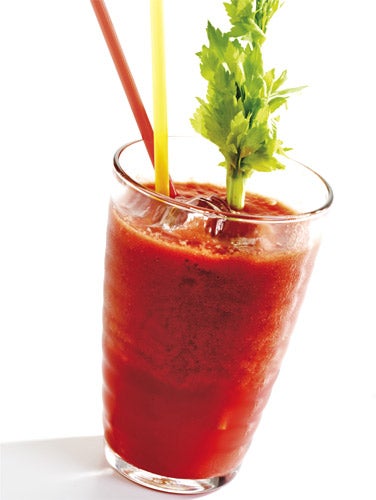The 'hair of the dog' could really be the best hangover cure, book says
One theory says hangovers are caused by methanol poisoning, not dehydration

The “hair of the dog” could really be the best hangover cure, according to a new book examining the science of alcohol.
Devotees of the bacon sandwich, rehydration solutions and painkillers may be surprised to learn that drinking more after a heavy night could provide more than just a renewed level of tipsiness to stave off the pain.
Adam Rogers argues in Proof: the Science of Booze, that there could be an explanation why more alcohol relieves a hangover.
Speaking at a Google talk earlier this year, he said belief in the “hair of the dog” cure had inspired a wealth of pick-me-up cocktails like the Bloody Mary.
The most widely-held view states that hangovers are caused by dehydration but there could be another reason.
“There is a theory that says the hangover is actually the symptom of very ,very small amounts of methanol”, he said.
“The notion is if a hangover is methanol toxicity, you’re going to have another drink and the ethanol displaces the methanol off the enzyme and you will feel better.
“That’s the hypothesis, no one has proved that.”

Stressing the science is “very hypothetical”, Mr Rogers said the other theory was that the high from more alcohol merely masks symptoms of a hangover and noted that people who admit to trying “hair of the dog” were statistically more likely to be alcoholics.
All alcohol contains trace amounts of toxic methanol, he said, which can cause blindness and even death in high concentrations because the body converts it into formaldehyde.
The poison is usually used to preserve dead bodies and can deprive parts of the body of oxygen when administered in high levels.
Fortunately, the levels of methanol in most drinks are very low but added up over time, it can cause a hangover.
Ethanol, the main component of alcohol, is given to patients with methanol poisoning to stop it converting into formaldehyde.
Mr Rogers, who is an editor at Wired magazine, has formerly won an award for science journalism and examined the history of alcohol and the science of its effects in his new book.
In it, he notes the scientific name for hangovers is veisalgia, taken from the Greek word for “pain” and the Norwegian name translates as “uneasiness after debauchery”.
The NHS advises a more cautious approach to a cure, urging people not to drink on an empty stomach, avoid dark-coloured alcohols that have more impurities and down a pint of water before bed.
Calling the “hair of the dog” a risky habit, it claims more alcohol merely delays the symptoms of the hangover but may in itself cause another one.
The official advice adds: “The best way to avoid a hangover is not to drink.”
Join our commenting forum
Join thought-provoking conversations, follow other Independent readers and see their replies
Comments